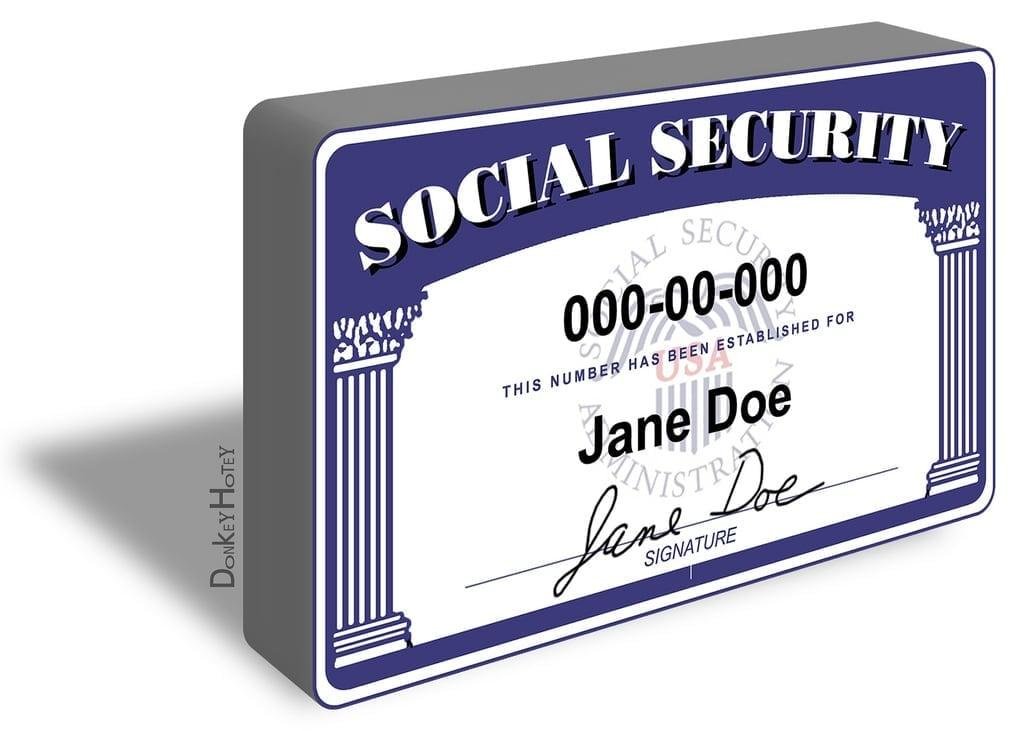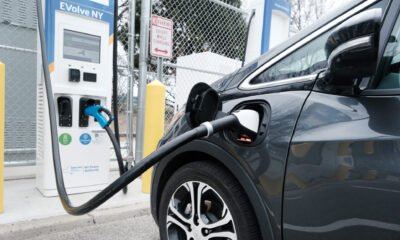family
Justices Unlock Social Security Data for DOGE Users

The Supreme Court has dismantled barriers protecting sensitive data for millions of Americans as of Friday, facilitating the Department of Government Efficiency (DOGE)’s access to Social Security Administration (SSA) systems.
In a divided 6-3 ruling, the court leaned on ideological lines, with three liberal justices dissenting. The majority opinion suggested that former President Trump was likely to succeed in the ongoing litigation and would suffer harm if the court did not intervene.
“We conclude that, under the present circumstances, SSA may proceed to afford members of the SSA DOGE Team access to the agency records in question to carry out their duties,” the majority stated.
Justice Ketanji Brown Jackson expressed skepticism about the necessity of the court’s immediate action, arguing that Trump was seeking unrestricted access to Americans’ sensitive information before the legality could be examined.
“In essence, the urgency behind the government’s stay application is simply that it cannot wait for the litigation process to unfold,” Jackson wrote in her dissent, which she shared with Justice Sonia Sotomayor.
Jackson criticized her colleagues for what she perceived as a bias favoring the government over individual litigants, suggesting that the current administration was treated with leniency not afforded to others.
“Once again, this court dons its emergency-responder gear, rushes to the scene, and uses its equitable power to fan the flames rather than extinguish them,” Jackson added.
She contended that the ruling implies the government is subject to different standards, raising concerns about privacy risks for millions of individuals.
A federal judge had previously blocked DOGE from accessing sensitive data in March, questioning the necessity for such expansive information on Social Security recipients. Trump framed this earlier ruling as judicial overreach impacting the executive branch’s authority.
DOGE officials argue that access to sensitive data is vital for modernizing federal technology and auditing databases to combat waste and fraud. U.S. Solicitor General John Sauer emphasized that analysts require detailed information to evaluate payment legitimacy.
The SSA holds extensive personal data, including names, birth dates, Social Security numbers, and financial records, raising alarm among labor unions that have challenged DOGE’s intentions. They argue that this access could expose personal information to unqualified personnel who do not demonstrate a valid need for such data.
“The American people had every reason to believe that their sensitive, personal information would be fiercely protected,” the unions asserted.
U.S. District Judge Ellen Hollander, appointed by Barack Obama, ruled that the Trump administration failed to adequately justify why the entire DOGE team required full access, noting violations of the agency’s protocols regarding data access.
While restricting full access, Hollander allowed the SSA to share anonymized and some non-anonymized data with DOGE. Unions hailed this ruling as a necessary pause while legal arguments unfold.
Democracy Forward, representing the coalition of unions involved, condemned Friday’s decision as detrimental to democracy and a threat to personal privacy. “This ruling enables misuse of Americans’ private data, and we will utilize every legal resource to safeguard the public’s sensitive information,” they stated.


















